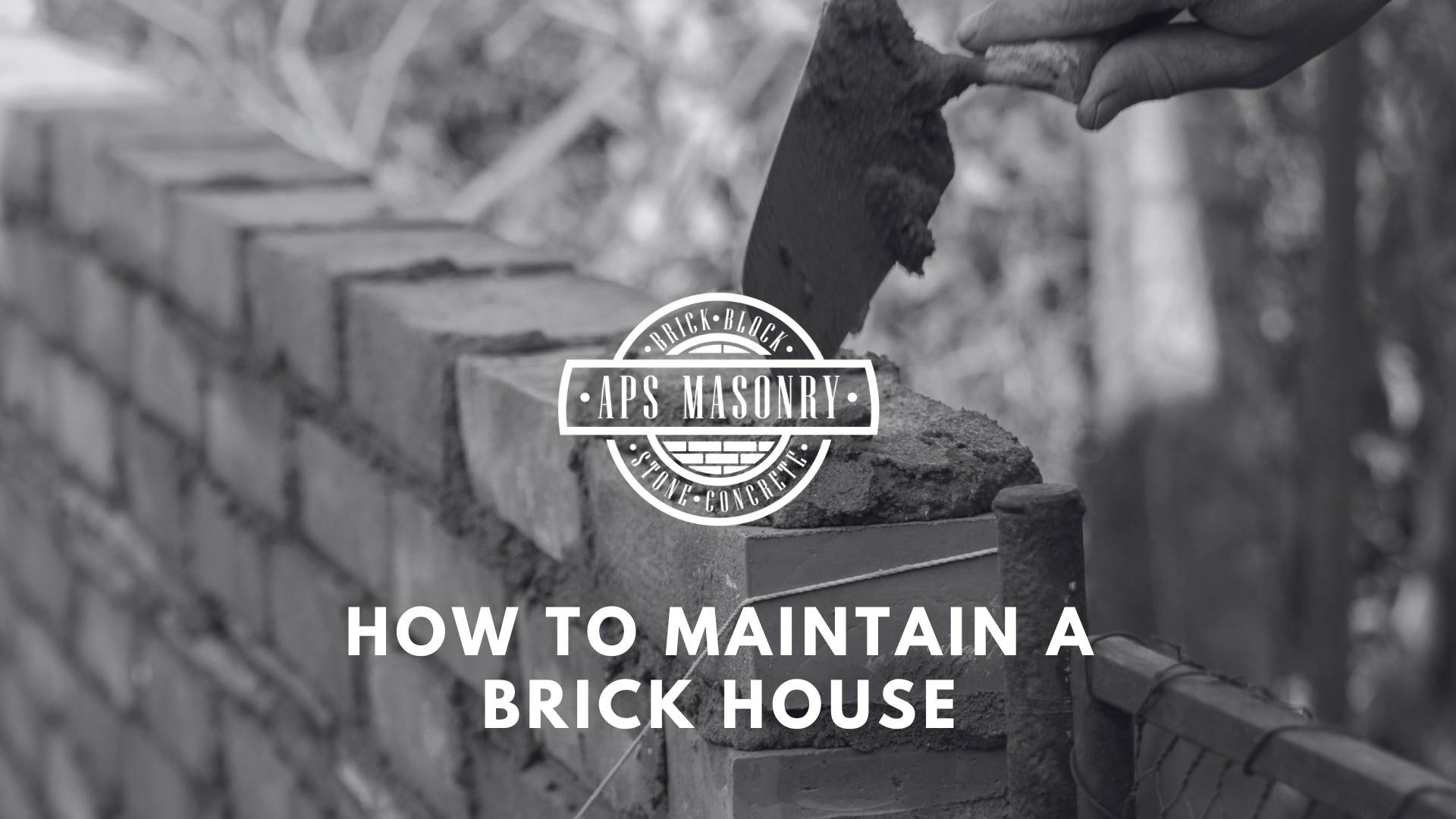5 min read
How to Maintain and Protect Your Copper Gutters on the Main Line
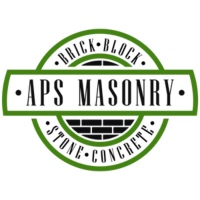 Alec Serowatka
:
Jul 14, 2025 9:55:03 AM
Alec Serowatka
:
Jul 14, 2025 9:55:03 AM
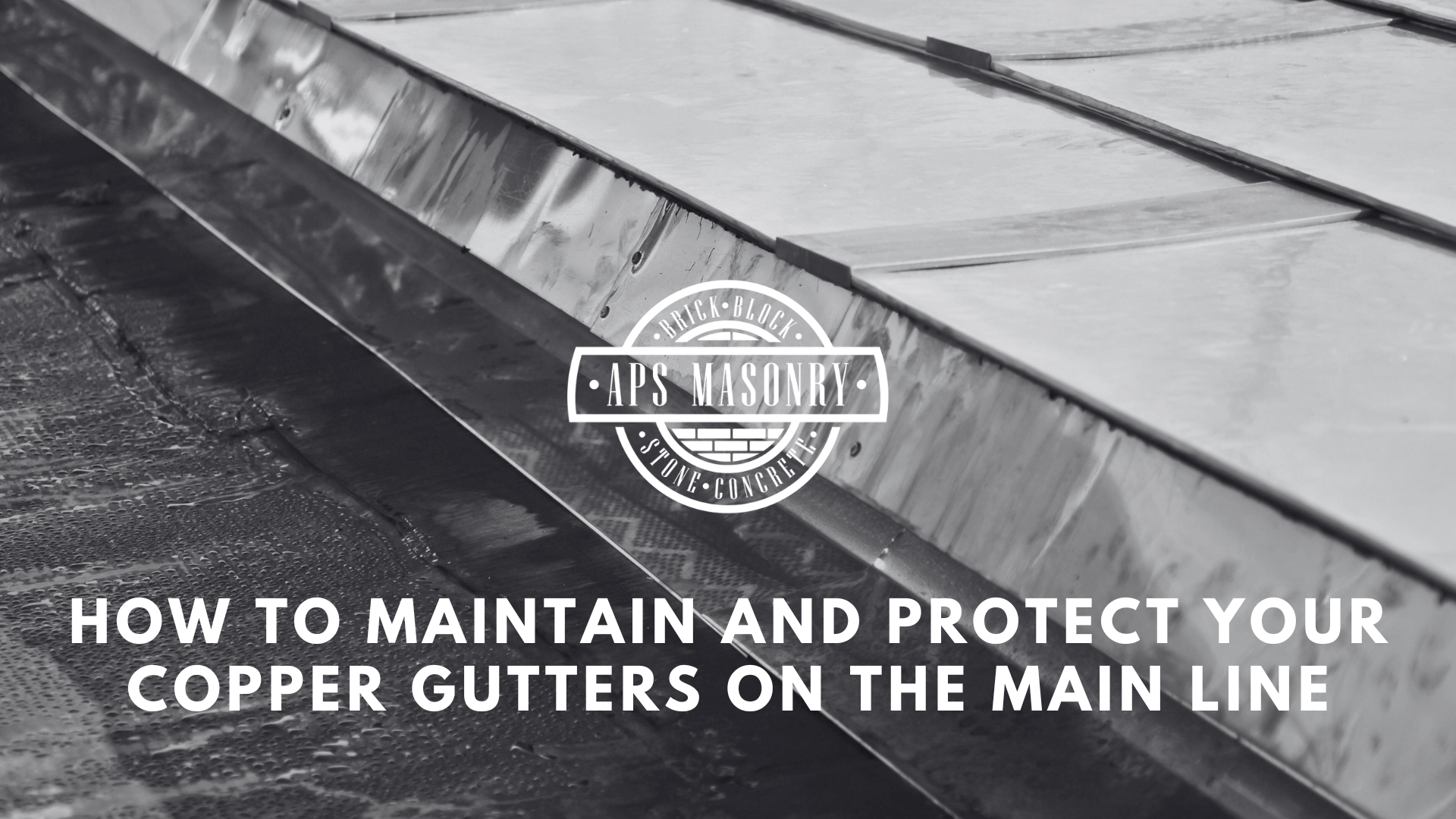
Copper gutters reflect the architectural care and attention Main Line homes are known for. Maintenance keeps them working and keeps your property looking right.
Copper gutters are a defining feature of high-value homes on the Main Line. A copper gutter system adds structure, clean water flow, and visual depth to the home's exterior. Copper gutters naturally develop a patina that increases curb appeal and reflects the material’s quality. A properly maintained system protects your home by supporting proper drainage and preventing common gutter problems.
Regular cleaning, proper installation, and the right gutter materials keep gutters working through harsh weather conditions. Gutter cleaning is essential for keeping gutters clear of wet debris, plant growth, and seasonal buildup. Installing gutter guards or mesh screens reduce the need for frequent cleaning, but copper still requires proper maintenance to perform over time.
Many homeowners overlook gutter maintenance until clogged gutters or sagging gutters cause visible damage. To keep your gutter system functioning properly, each part, from slope to attachment, must be aligned and secure. A well-built copper system with minimal maintenance delivers reliable performance, protects your home, and maintains the look that sets Main Line properties apart.
Stone steps pulling away from the porch, cracks in original foundations, or flaking mortar joints are all familiar issues for older homes on the Main Line. APS Masonry Contracting specializes in repairing and restoring historic masonry with the precision these homes require. Talk to APS. We bring the skill, the materials, and the respect for detail that Main Line homes deserve.
Gutter Cleaning Basics: What Main Line Homeowners Should Know
Gutter cleaning is the most direct way to keep your copper gutters working. It prevents clogged gutters, supports proper drainage, and protects your home from poor water flow. Regular cleaning also helps preserve the natural patina that copper gutters develop over time.
Use a sturdy ladder and a garden hose to clean your gutters. Remove debris buildup by hand or with a scoop. Flush the system to confirm the gutter system is functioning properly. Wet debris, sticks, and leaves are common along the Main Line, especially near tall trees in areas like Gladwyne or Villanova.
Clean gutters reduce the risk of basement flooding and water damage to fascia and soffits. Regularly cleaning also extends the life of your entire gutter system. For homes with high rooflines or multi-story drop-offs, many homeowners choose to hire a professional gutter service to clean their gutters safely and completely.
Fine mesh screens and gutter covers help reduce debris buildup, but they still require inspection. Clean your gutters at least twice a year to maintain water flow and gutter performance. Spring and fall are the best times for full cleanouts.
Reach Out for a Free Estimate
Common Copper Gutter Problems
Copper gutters are durable, but certain installation errors and environmental factors create recurring issues. These problems are avoidable with proper maintenance and inspection. Improper slope is a common cause of water pooling. Copper systems rely on precise alignment for consistent water flow. A slight slope allows water to move through the gutter system without overflow or backup. Without proper slope, copper gutters hold standing water that accelerates material fatigue and invites plant growth.
Incorrect fastening is another issue. Copper expands and contracts with temperature changes. If the system isn’t securely attached with the right spacing, sagging gutters form under weight or movement. Fasteners must be non-corrosive and spaced to allow for controlled flexing.
Oxidation is natural and expected. The green patina protects the copper surface, but aggressive cleaning or abrasive tools strip this layer and damage the metal. Copper gutters should be allowed to age without intervention unless corrosion or surface damage appears.
Gutter problems also come from poor drainage design. If downspouts are undersized or placed incorrectly, even a properly installed copper system will overflow during heavy rain. Direct water flow matters as much as the gutter materials themselves.
Gutter Guards and Covers: Worth the Investment?
Installing gutter guards reduce the frequency of cleaning, but not all products work well with copper gutters. Main Line homeowners considering guards should choose systems that complement copper, avoid corrosion, and preserve appearance. Fine mesh guards made from stainless steel or copper are the best match. These allow water to flow through while blocking leaves and debris. Avoid plastic or galvanized options. These materials often react with copper, leading to staining or accelerated wear.
Installing gutter guards on copper systems typically costs between $12 and $20 per linear foot. Copper-compatible covers are more expensive than those used on aluminum gutters, but they match the material’s performance and appearance.
Gutter guards reduce wet debris buildup but still require seasonal checks. Even the best mesh screens collect seed pods, pollen, and fine sediment. Regular inspection keeps the gutter system functioning properly and reduces the risk of clogged gutters in critical drainage areas. For heavily treed properties in towns like Radnor or Haverford, installing gutter guards will lower long-term maintenance costs. They don’t eliminate cleaning, but they do reduce the need for frequent cleaning by hand.
Permit Costs and Application Process for Brickwork in Philadelphia
Below is a direct comparison of copper gutters and other common gutter materials, based on cost, performance, maintenance, and visual compatibility with Main Line homes.
Copper Gutters
-
Lifespan: 50 to 100+ years
-
Cost: $30 to $40 per linear foot (professional installation)
-
Maintenance: Low, with regular cleaning and proper installation
-
Appearance: Natural patina, high-end finish, matches slate and stone exteriors
-
Best For: Historic or architect-designed homes, high curb appeal
Aluminum Gutters
-
Lifespan: 20 to 30 years
-
Cost: $6 to $12 per linear foot (installed)
-
Maintenance: Requires more frequent inspection and occasional resealing
-
Appearance: Paintable, but lacks depth and aging character
-
Best For: Budget installations, modern or vinyl-sided homes
Steel Gutters (Galvanized or Stainless)
-
Lifespan: 20 to 40 years (depending on coating and climate)
-
Cost: $9 to $18 per linear foot (installed)
-
Maintenance: Prone to rust without coating, rigid seams may crack
-
Appearance: Strong profile, but visually heavier than copper
-
Best For: Large-volume drainage, commercial projects, utilitarian use
Vinyl or Composite Gutters
-
Lifespan: 10 to 20 years
-
Cost: $4 to $8 per linear foot
-
Maintenance: Prone to sagging, warping, and UV breakdown
-
Appearance: Inconsistent finish, not suitable for high-end architecture
-
Best For: Temporary or small-structure applications only
Copper remains the preferred choice for Main Line homeowners who want both beauty and performance. It holds its shape, develops a natural finish, and requires less maintenance than other materials over the long term.
Reach Out for a Free Estimate
When Professional Gutter Service Makes Sense
Copper gutter installation is a precise job. It calls for proper sizing, properly sloped channels, and joints that handle seasonal changes without warping or leaking. Larger gutters may be necessary for rooflines with higher water flow, especially in colder climates where snow melt pushes systems beyond their limits. For many homeowners, new gutters are an investment in both performance and appearance.
A professional gutter service chalk line runs for accuracy, checks every fastener, and confirms that seamless gutters are installed with the right pitch and drainage capacity. These details protect your foundation, prevent damaged gutters, and improve the home’s curb appeal. Seamless gutters also reduce points of failure and make regular maintenance more efficient.
While it’s possible to properly clean copper systems with a sturdy ladder and tools from a local hardware store, most Main Line homeowners prefer to work with a gutter installer who understands the material. Low maintenance doesn’t mean no maintenance. It means the system works as designed—with regular maintenance from someone who knows what to look for and how to preserve it.
If you’ve chosen copper, you’ve already committed to quality. Bringing in the right expert is part of that same decision.
Talk to APS Masonry Contracting
APS Masonry Contracting works with homeowners across the Main Line who take their homes seriously. We understand the standards of custom-built and historic properties, and we’re connected to professionals who treat copper, slate, and stone the way they should be treated.
We don’t install gutters, but we know who does—and we’re here to help you make the right call for your property. For general contracting, masonry restoration, or referrals to trusted experts, talk to APS.
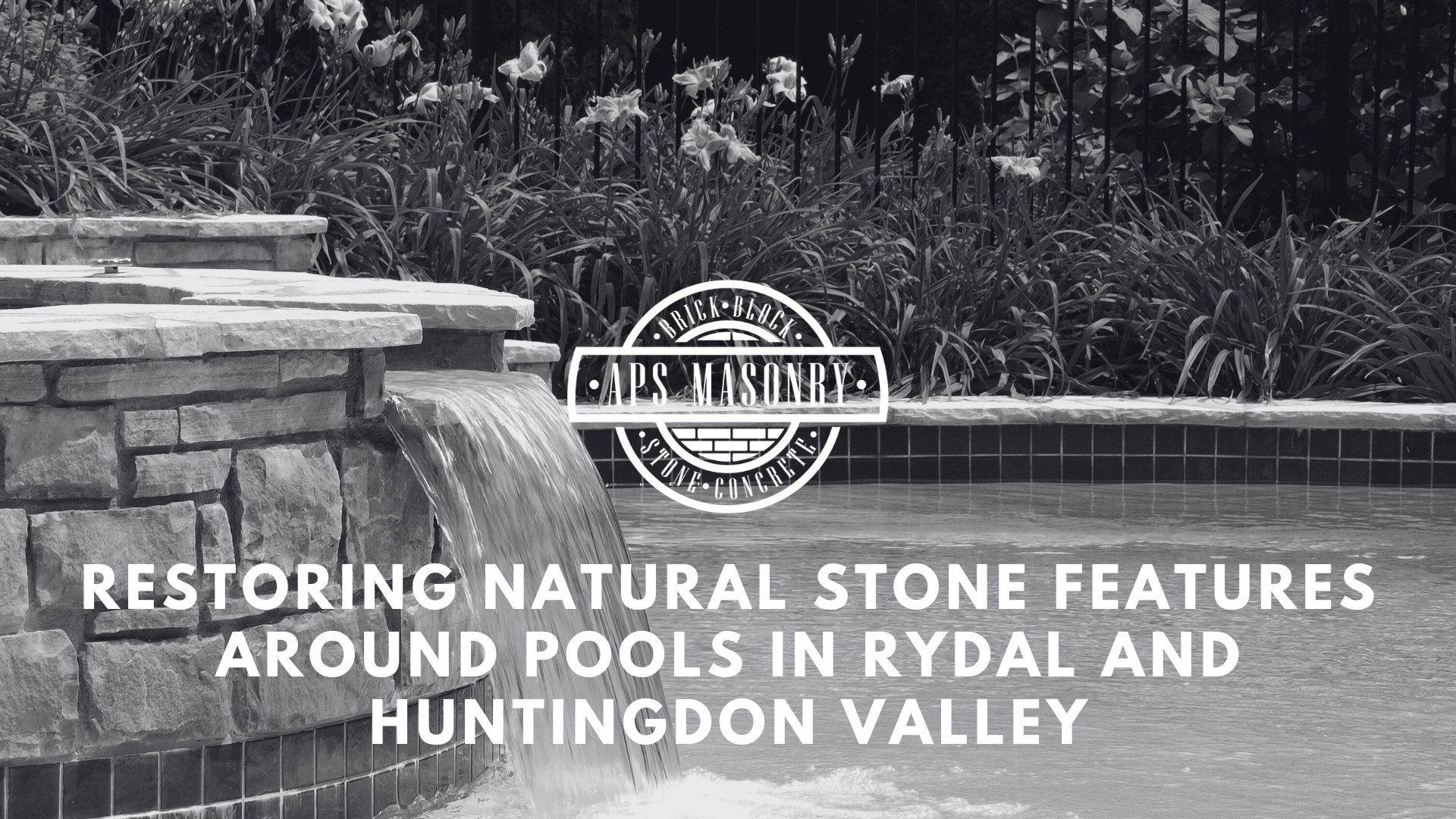
Restoring Natural Stone Features Around Pools in Rydal and Huntingdon Valley
Natural stone surfaces deserve skilled maintenance and restoration to keep your pool deck safe, stylish, and built to last.
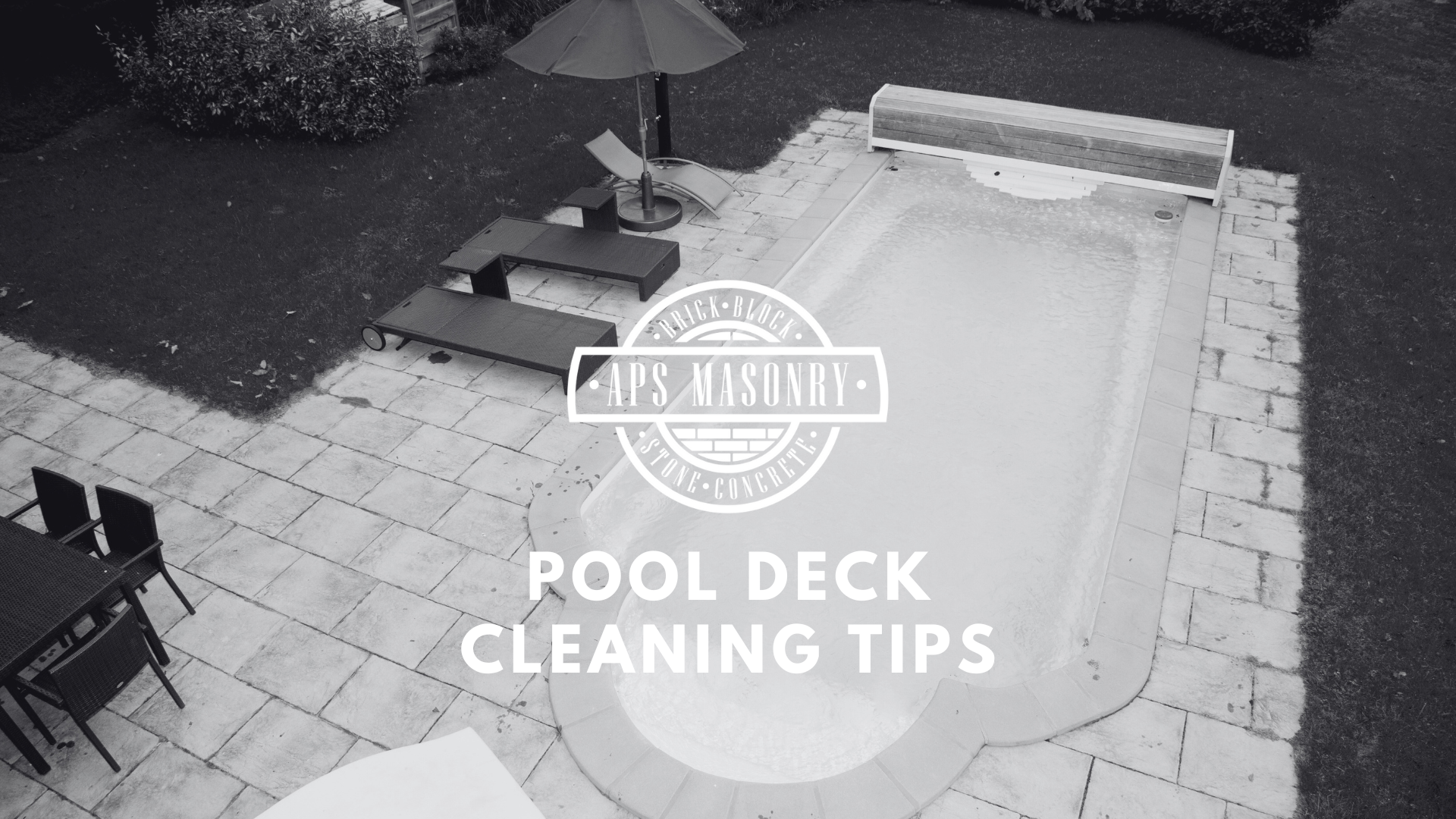
Expert Pool Deck Cleaning Tips in Philadelphia: Material-Specific Advice and Safety Insights
Imagine stepping out onto your pool deck on a warm summer day, only to find that the once-pristine surface is now covered in grime, algae, and...

